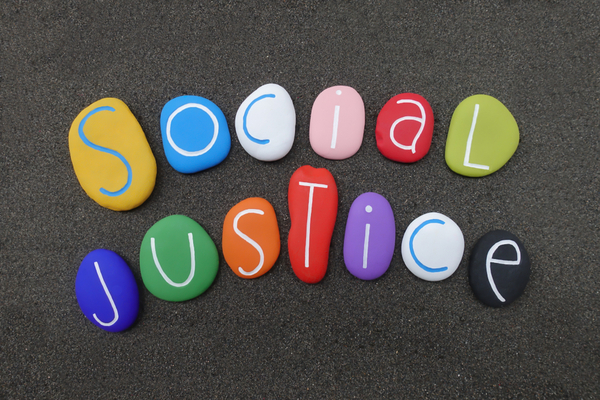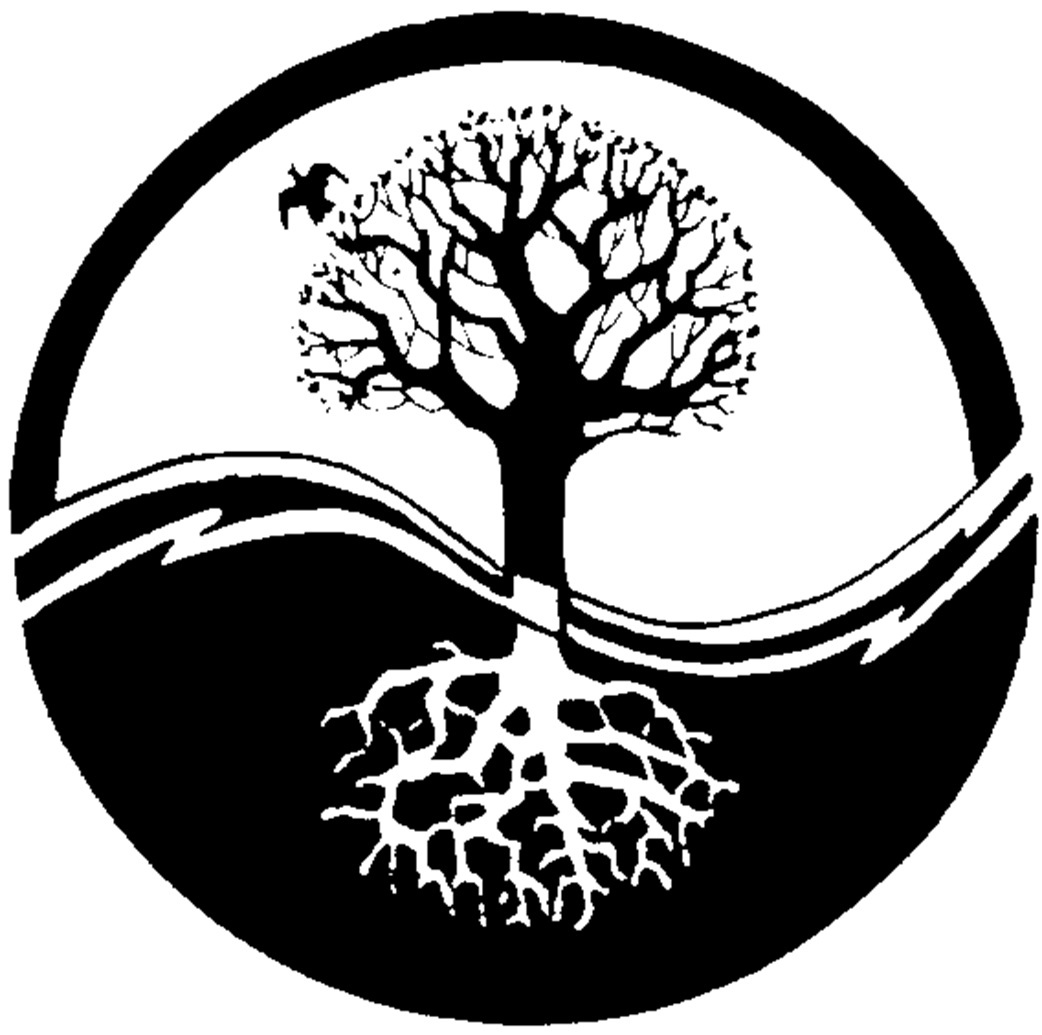Self-Awareness as a Tool for Social Justice

The collective strain related to the pandemic and more recently to George Floyd’s unnecessary and violent death can be felt around the globe. The modern 24/7 news cycle and video coverage of daily events that have previously been discussed but not witnessed by average viewers leaves us all with an overwhelming worry that the world is coming apart. Protests and demands for police reform on top of the pandemic, stay-at-home orders, school closings, and the realization that the country is in a recession leave us with crushing anxiety and a devastating background tension of concern for the uncertainty of our future. In short, the pressure on our lives is over the top!
We’ve had time to stay at home, often with family. Some people have had more time for themselves while others have had less as the demands to care for children and loved ones increased with the changes. Although the country is opening up now, the virus remains a risk. Life is different as a result and each of us is struggling to decide how best to move forward. We all wish the pandemic was over and life was back to normal, except perhaps for minorities who found the old normal less than supportive and secure. When the people charged with protecting us seem as scary as the criminals, it’s impossible to feel safe and hard to even know what to wish for, except maybe change.

Social justice, the concept of fair and equitable opportunity, privilege, and wealth for all people, seems like a dream. However, it’s a good time to remember that even out of dark, uncertain times, good sometimes arises.
The unexpected and perhaps unwanted downtime from the pandemic provides an opportunity for us to reflect. How that looks to each of us varies – gardening, projects we’ve never had time for, journaling, reading, thinking, baking. Numerous authors have written about how artists need quiet time to slow down, feel their own rhythms, and be fully present in the moment that is our lives. Artists need this time to have space for silence that allows inspiration and creativity to bubble into awareness. I take this one step further and emphasize that, in fact, we all need the mental space to reflect on our lives, our values, and who we want to be in the world. This process generates increasing self-awareness or the conscious knowledge of key elements of who we are and what is meaningful to us. It brings our values into focus and enables us to live more consistently with these ideals. For those of us who take the time to explore our internal depths, perhaps self-awareness is the incidental gift of the mandatory stay-at-home orders.
Did you know that that much of our thinking and decision-making takes place below the surface of our conscious thought? Let me explain how that might work. Psychological research has found that although to fully understand something we must think about it, we don’t really have time to think about everything in our lives. As a result, our minds have come up with a work-around; it’s an automatic decision-making process that is designed to save time on easier decisions. We generalize, stereotype, group similar items, and rush to conclusions without adequate information. This short-cut influences our likes & dislikes, first impressions, what we eat, how much we drink, whether we exercise, and even the way we treat each other. It’s easy to see that this system is helpful in regard to efficiency, but not at all in terms of making decisions based on actual understanding or our personal values.
Years ago there was a commercial about a man in the grocery store who was asked at checkout whether he wanted paper or plastic. (Remember those days?) The man couldn’t make a quick decision because he thought deeply about both options, both of which have negatives. Images of the devastation caused by each type of bag flashed across the screen. It was easy to see how someone could get stuck making even what seems like a simple decision. The commercial was ironically funny, but it also gave a good example of what life would be like if we gave our full attention to everything we do in a day. We wouldn’t get anything done. Nevertheless, some decisions do require careful consideration and taking the time to do so makes all the difference in the world. In these dark times of change and police brutality, can we afford not to consider our values and the type of person we want to be? I believe that impulsively living our life separated from our best self has stark implications.
For example, I live in a smallish town in which people are generally kind and considerate. However, I heard about an incident in a local grocery store that deeply disturbed me. There was a woman in a wheel chair checking out at the grocery store. She had on a mask, although the informant was surprised that most people in the store did not. Scientists have informed us that wearing a mask may keep us a little safer from COVID-19, but the real benefit to wearing a mask is that we are protecting others from our own germs. Another shopper, who was not wearing a mask, came past the social distancing Xs on the floor and dumped her groceries on the conveyer belt. She then came forward and stood right next to the woman in the wheelchair who promptly asked her to please move back to the X and wait her turn. The shopper refused and began a tirade about the clerk being too slow and that by standing there she was pressuring him to hurry. Instead of being helpful and polite to the disabled woman who was checking out, this woman acted in a rude and inconsiderate manner. Is she weighed down by the stress in the current pandemic? Does she have an overwhelming fear and concern for safety related to these uncertain times? She was probably stressed, anxious, and in a hurry and didn’t think about the fears and concerns of the woman in the wheel chair. She was likely unaware of the damage she did to the other woman’s sense of safety and agency in the world. Had she given it some thought, this type of behavior is probably not how she wants to view herself.
The situation illustrates how our feelings bubble under the surface and influence our behavior. Personal introspection and self-awareness regarding our current state could provide us with the second thought we need to prevent behaving in a manner inconsistent with how we want to be in the world. The rude shopper didn’t take the time to think before she acted. She was driven by her stressful emotions. The following quote by Carl Jung, the founder of analytic psychology, illustrates the importance of taking the time to know yourself.
“Until you make the unconscious conscious, it will direct your life and you will call it fate.”
Be sure to read next week’s blog for more on this topic.

